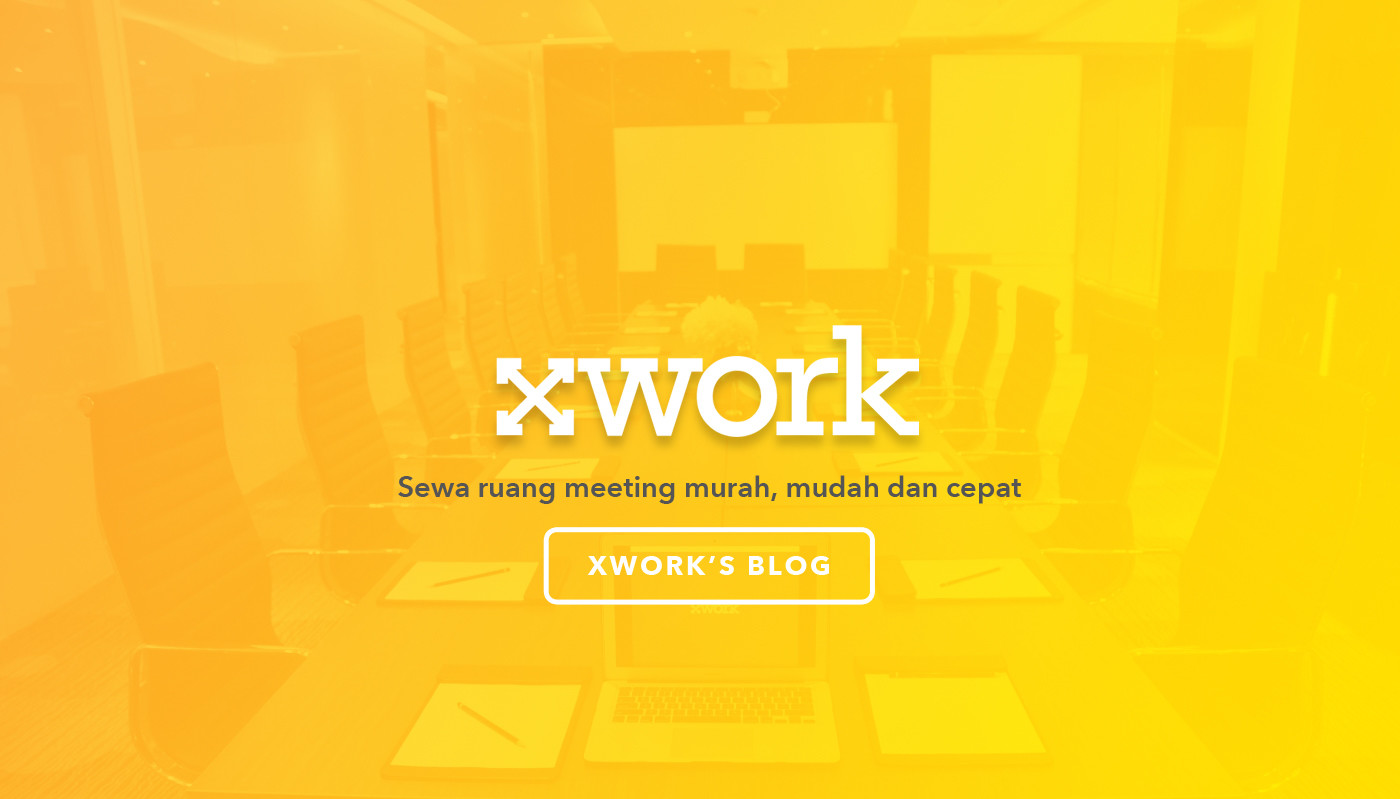Understanding Servicing Agreements: A Key to Optimizing Workspace Management
Understanding Servicing Agreements in Flexible Workspaces
In the bustling world of flexible workspaces, a clear understanding of the existing comprehensive servicing agreements can make the difference between a successful operation and one that may be in jeopardy. Through a detailed investigation of the current agreement, the success of both the operation and the customer can be enhanced dramatically to reflect overall spending habits.
So What is an Agreement? Generally speaking, a servicing agreement is the legal instrument that governs the relationship between a space provider and its customers. In a co-working environment, an agreement is most commonly used in the context of office rentals, whereby a space provider grants a party a limited license to utilize the space(s) described therein. An office rental is most typically understood as a “desk only” agreement, whereby the space is limited to a specific desk or cubicle, with the potential for meeting spaces and other amenities offered at an additional fee. For those operators looking to deliver a more all-inclusive experience, agreements are offered for private offices and even executive suites – both offering the ability to secure a private space to suit one’s needs, with rental of meeting spaces at a reduced rate.
Common Elements of an Office Rental
Servicing agreements should reflect the spaces offered by an operator and list out all tools, furniture and functionality that a customer can reasonably expect to be included in their rental rate. The operator should strive to be as transparent as possible vis-a-vis their offering, and include items such as: (i) terms for both parties, (ii) defined services offered by the space provider (i.e. receptionist, telephone, internet, kitchen amenities), and (iii) termination rights and liabilities.
Effectiveness and Clarity
Well-written agreements should serve to both provide peace of mind to a space operator and to customers utilizing such space. The customer’s specific role is defined within the limitations of the agreement, and the operator is positioned to provide the level of success promised upon acceptance of payment. In this way, a properly-defined relationship can be cultivated at a lower risk to both parties.
Resolving Disputes
A service provider has the ability to define the rules of the relationship and thereby control the interaction with its customers. Through a strong agreement, disputes can be addressed early, and the parties can be liberated from protracted legal proceedings by clearly defining their respective obligations and making clear the consequences if these obligations are not fulfilled.
The Importance of Flexibility
While it is important to define the terms of use of one’s space, it is equally important to remain flexible to account for changing business realities. The option to negotiate a gradual rent increase, for instance, can provide a mutually-beneficial avenue of growth for both the operator and the customer, incentivizing the customer to stay even as their business expands.
The Effect of Legal Clauses
A well-designed agreement should cover basic elements for day-to-day operations and address the scenarios that are most likely to arise in the course of a professional relationship. However, provision of an all-encompassing document that also seeks to address unlikely outcomes can strengthen the relationship and address issues before they arise. Even though we can’t predict the future, we can ‘predict’ the aspects of the business that are most uncertain.
Negotiating Favorable Terms
Every contract negotiation comes with its share of challenges, but as an operator it is important to keep in mind what is achievable. A long-term rental may incentivize the reduction of an up-front deposit, but an operator should not compromise the integrity of the agreement and take on significant liability for the sake of securing the relationship. For example, if the agreement serves to circumscribe the operator’s liability, a customer will have little leverage to negotiate a dispute.
Minimizing Misunderstandings
People are people. We all make mistakes and draw incorrect assumptions from time to time. A well-written agreement and clear communication from the outset can mitigate the risk of misunderstandings and set reasonable expectations that can be met by both parties.
Variety of Meeting Spaces
If you are providing meeting spaces to your customers, consider tailoring your agreements in a way that addresses the specific space being rented. Are you providing access to technology? Internet or other connectivity? Can the customer access any space in the facility, or is this option reserved only for private offices?
Trends in Indonesia
Whether one is utilizing an agreement in the context of office rentals, meeting spaces, or any other type of relationship, there are likely to be many options available to your business. There is a clear need in many Southeast Asian industries for office rental agreements and this demand has resulted in modern approaches to future leases of this type.



